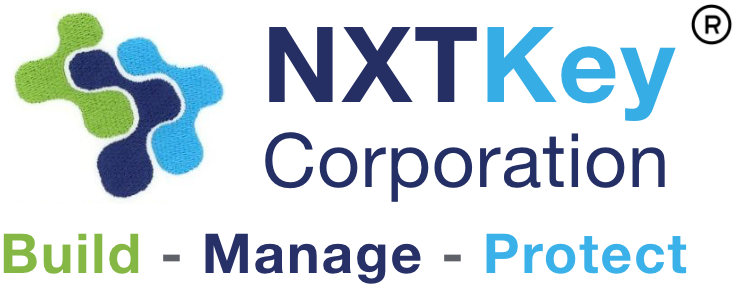Generative AI and curated Large Language Models (LLM)
June 25th 2024. Baltimore, MD – Shivaji Sengupta is hosting a panel (8.15 AM EST Room: Engagement Theater 1: Swing Hall – #3203) at the AFCEA TechNetCyber 2024 Conference with key individuals from Defense Information Systems Agency (DISA) and Department of Homeland Security (DHS) discussing a topic of utmost importance in today’s rapidly evolving world of technology and security. The subject at hand is “Generative AI and curated Large Language Models (LLM)” would explore several key topics, including the development, applications, ethical considerations, and future directions of these technologies. Some of the potential discussion points would include:
- Development of Generative AI and LLM: The panel will begin with an overview of the progress in generative AI, focusing on how these technologies have evolved. This could include technical advancements, the growing complexity of models, and the challenges of training large-scale models.
- Applications and Use Cases: Discussion could move to the diverse applications of generative AI, from content creation to practical business applications (like automated customer service, workforce productivity, and predictive modeling). The panel could explore specific examples where LLMs have been particularly transformative.
- Ethical Considerations: A portion of the conversation would likely be dedicated to the ethical implications of generative AI. This could cover issues such as data privacy, the potential for misuse (including the generation of deepfakes or disinformation), biases embedded in AI models, and the impact on jobs and the workforce.
- Curated LLMs: The discussion might delve into the concept of curated Large Language Models, emphasizing how curation can improve the reliability, accuracy, and safety of AI outputs. This section could address methods for curating data and models, the role of human oversight, and strategies for minimizing biases.
- Future Directions: Finally, the panel could speculate on the future of generative AI and LLMs. This could include upcoming technological breakthroughs, potential new applications, and the evolving landscape of regulation and governance. The conversation might also touch on the importance of interdisciplinary collaboration in advancing these technologies responsibly.
The session could conclude with a Q&A segment, allowing the audience to engage directly with the panelists, ask questions, and share their perspectives on the future of generative AI and LLMs. Throughout, the discussion would likely highlight the balance between leveraging the powerful capabilities of generative AI for innovation and addressing the significant ethical challenges they present.




